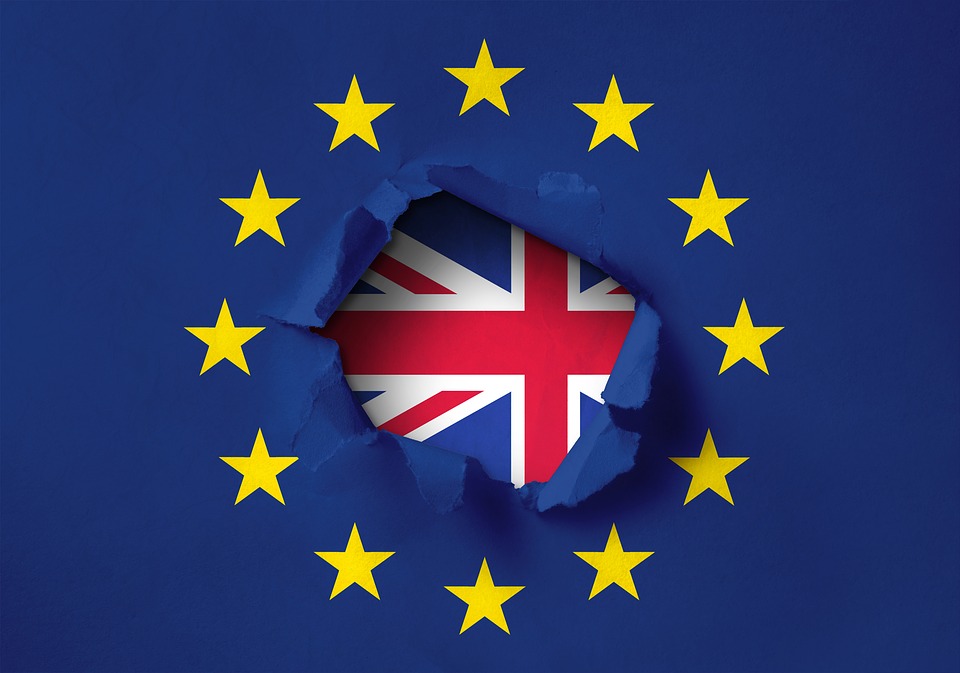Next blames warm weather not Brexit for slow autumn trading

- Country:
- United Kingdom
Retailer Next has made a "disappointing" start to autumn trading which it said was down to unusually warm weather in parts of Britain, rather than shoppers holding back on buying new clothes due to uncertainty over Brexit.
Next shares fell as much as 5.2% on Thursday, paring the stock's gains for the year so far to 48%, after the gloomy assessment of the first few weeks of the retailer's key autumn-winter season. While it did not give figures, Next said "the warm start to September has done much more to hinder sales than the political temperature" and it has not seen any evidence that shoppers are holding back on small ticket price items due to Britain's planned exit from the European Union next month.
UK retailers, including supermarkets Asda and Morrisons and home improvement group Kingfisher, have said uncertainty around Brexit was affecting their customers. "At the moment Brexit is the reach-to explanation for everything in the economy," Next CEO Simon Wolfson told Reuters.
Wolfson pointed out that last week when temperatures in Scotland and the north of England were significantly cooler than in the south, the trading performance of the two regions, both in stores and online, diverged by 10%. "It would be unlikely that was a coincidence - that the areas that were warm performed 10% worse than the areas that were cool and that those areas happened to be the ones that we're more worried about Brexit," he told Reuters.
Wolfson, a prominent Conservative "Leave" supporter who sits in the upper house of Britain's parliament, said consumers were not buying clothing until they absolutely needed it. "They're not going to go out and buy their winter knitwear until it gets cold," he said.
Official UK data published on Thursday showed retail sales unexpectedly fell on the month in August after shoppers bought less online than the month before. Britain is due to leave the European Union on Oct. 31, but the government has yet to agree on a new deal, increasing the risk of a disorderly "no-deal" Brexit.
Next believes Brexit will only materially affect consumer spending in the event that it triggers inflationary pressure on prices or logistical problems at British ports. Next does not expect its own prices to rise.
PROFITABLE STORES
The retailer also reported a 2.7% rise in first-half profit as robust online sales more than offset a decline at its stores and it maintained its forecast for the full 2019-20 year. Next, which trades from about 500 stores in the UK and Ireland, about 200 stores in 40 countries overseas and its Directory online business, made a pretax profit of 319.6 million pounds in the 26 weeks to end-July.
This was up from 311.1 million pounds in the same period last year, on group sales up 3.7% to 2.06 billion pounds. Full-price sales at Next's stores fell 3.9% in the period, but they were up 11.9% online, starkly illustrating the clothing industry's structural shift from physical stores to online.
However, the firm says its stores will remain profitable even if they become less productive. For 2019-20 Next foresees full-price sales up 3.6% and pretax profit of 725 million pounds, a 0.3% rise on the 2018-19 outcome, with earnings per share growth of 5.2%, reflecting share buybacks. Its interim dividend rose 4.5%.
Also Read: Soccer-Twitter vows to tackle online racist abuse of players in Britain
(This story has not been edited by Devdiscourse staff and is auto-generated from a syndicated feed.)
ALSO READ
Four options to consider for England in T20 WC in Ben Stokes' absence
"Made the right decision": Former England skipper Hussain on Stokes opting out of T20 World Cup
Conservatives set for heavy UK election defeat to opposition Labour, survey shows
UK PM Sunak's Conservatives set for heavy election defeat, poll shows
"I have full faith in my pacers": Sri Lanka skipper expresses confidence for England series










